Biggest volcanic eruptions in the last 10 years as Iceland town faces devastation
From Indonesia’s volcanic islands to the Philippines, here are some of the most devastating eruptions in the last decade
Your support helps us to tell the story
From reproductive rights to climate change to Big Tech, The Independent is on the ground when the story is developing. Whether it's investigating the financials of Elon Musk's pro-Trump PAC or producing our latest documentary, 'The A Word', which shines a light on the American women fighting for reproductive rights, we know how important it is to parse out the facts from the messaging.
At such a critical moment in US history, we need reporters on the ground. Your donation allows us to keep sending journalists to speak to both sides of the story.
The Independent is trusted by Americans across the entire political spectrum. And unlike many other quality news outlets, we choose not to lock Americans out of our reporting and analysis with paywalls. We believe quality journalism should be available to everyone, paid for by those who can afford it.
Your support makes all the difference.Iceland’s town of Grindavik faces a catastrophic countdown to a volcanic eruption that could see its destruction, experts have warned.
Almost 4,000 people were evacuated from Grindavik over the weekend as authorities feared that molten rock would rise to the surface of the earth and potentially hit the coastal town and a geothermal power station.
It comes as the country has been shaken by more than 880 small earthquakes, prompting fears that the tremors could disrupt the Fagradalsfjall volcano on the Reykjanes peninsula in the southwest of the country.
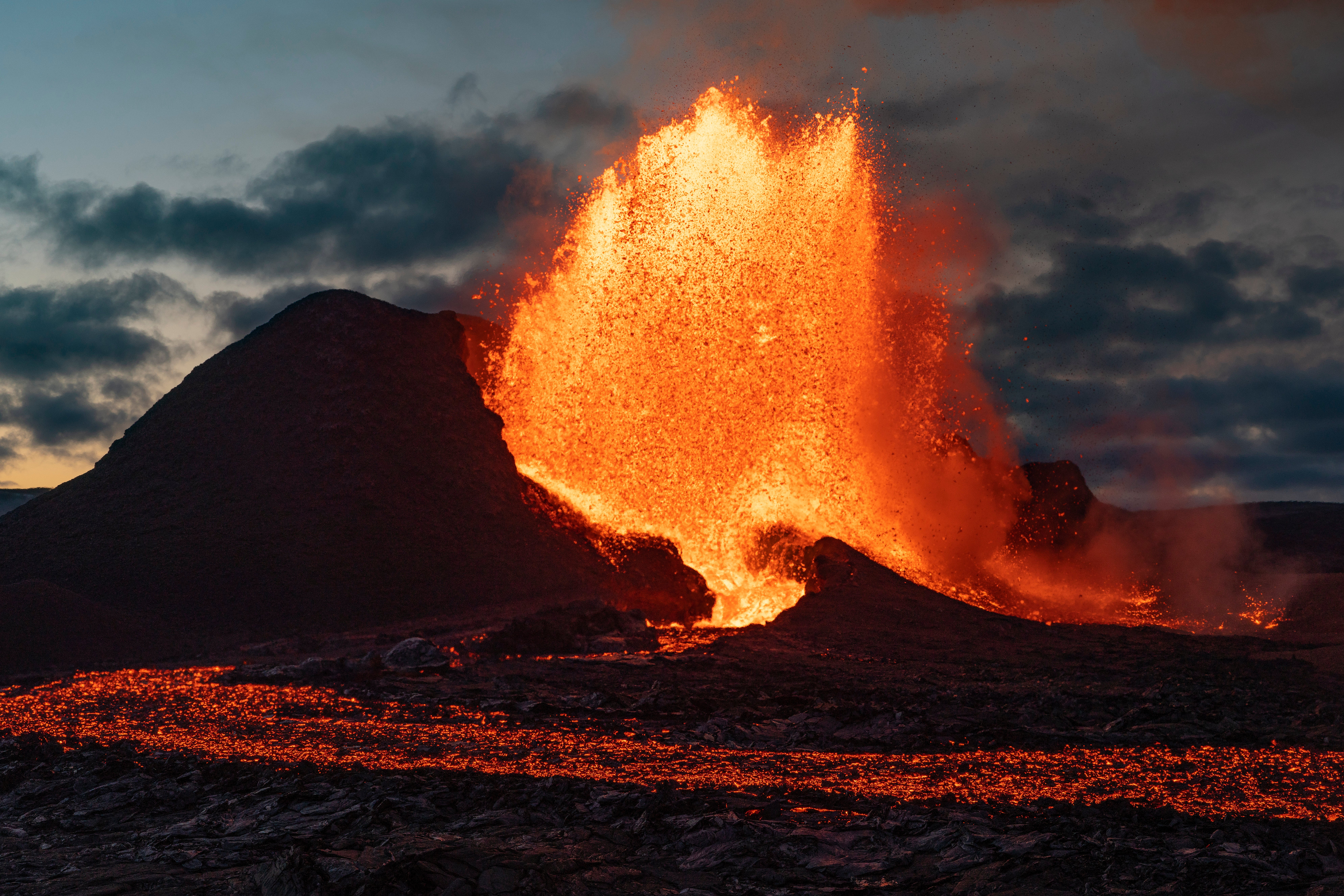
Iceland is highly susceptible to natural disasters because it lies on the Mid-Atlantic Ridge – a divergent plate boundary where the North American Plate and the Eurasian Plate are moving away from each other, leading to volcanic eruptions and earthquakes.
Three eruptions have taken place on the peninsula of Reykjanes near the Fagradalsfjall volcano in the last three years: in March 2021, August 2022 and July 2023.
However, previous eruptions did not cause damage, having occurred in remote valleys.
As Iceland waits in trepidation for the looming volcanic eruption, we take a look at some of the biggest volcanic eruptions in the last decade:
2022: Hunga Tonga-Hunga Ha’apai
Located in the southern Pacific Ocean, the Hunga Tonga-Hunga Ha’apai eruption in January 2022 saw a plume of rock and ash shoot a staggering 58km high into the sky.
It was the biggest atmospheric explosion to be recorded by modern tools, with a volcanic cloud so large it could be seen by astronauts orbiting on the International Space Station.
The violent explosion triggered a devastating tsunami with waves upto 45m high.
2021: Mount Semeru
On 4 December, 2021, Mount Semeru erupted on one of Indonesia’s most populated island, Java.
Semeru, the tallest mountain on Java, threw up towers of ash and hot clouds on Saturday that blanketed nearby villages in East Java province and sent people fleeing in panic.
The eruption destroyed buildings and severed a strategic bridge connecting two areas in the nearby district of Lumajang with the city of Malang, authorities said.
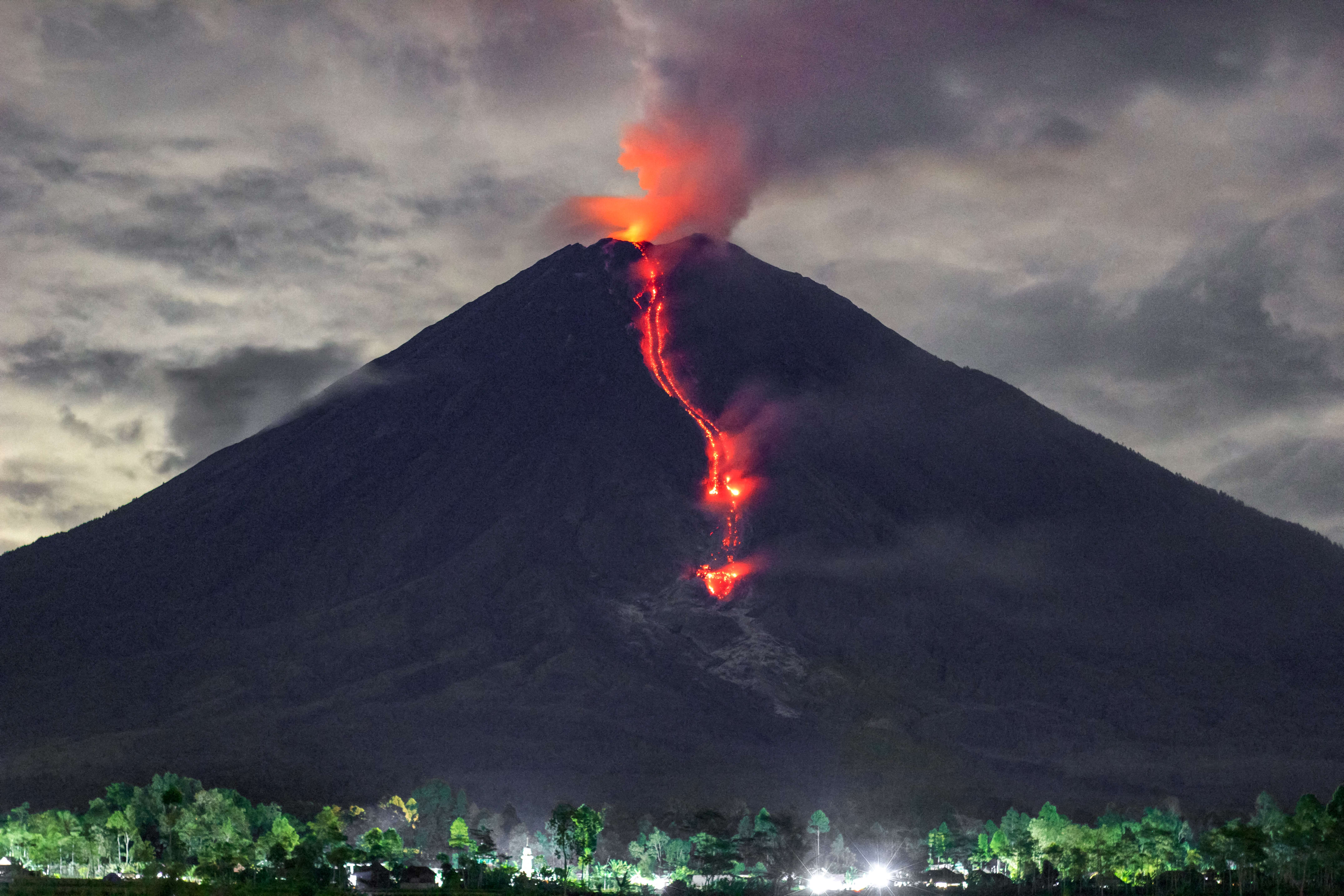
2020: Taal Volcano
The Taal volcano in the Philippines slept for 43 years before it rumbled into a violent awakening on 12 January 2020.
Tens of thousands were sent into shelter and a total of 39 people died as a result of this eruption of Taal, although only one reported case was directly caused by the eruption.
Ash, steam and pebbles were blasted upto nine miles high in the sky as lava splattered into the surrounding lake.
The Philippines is periodically hit by volcanic eruptions and earthquakes due to its location on the Pacific “Ring of Fire” -- a zone of intense seismic activity.
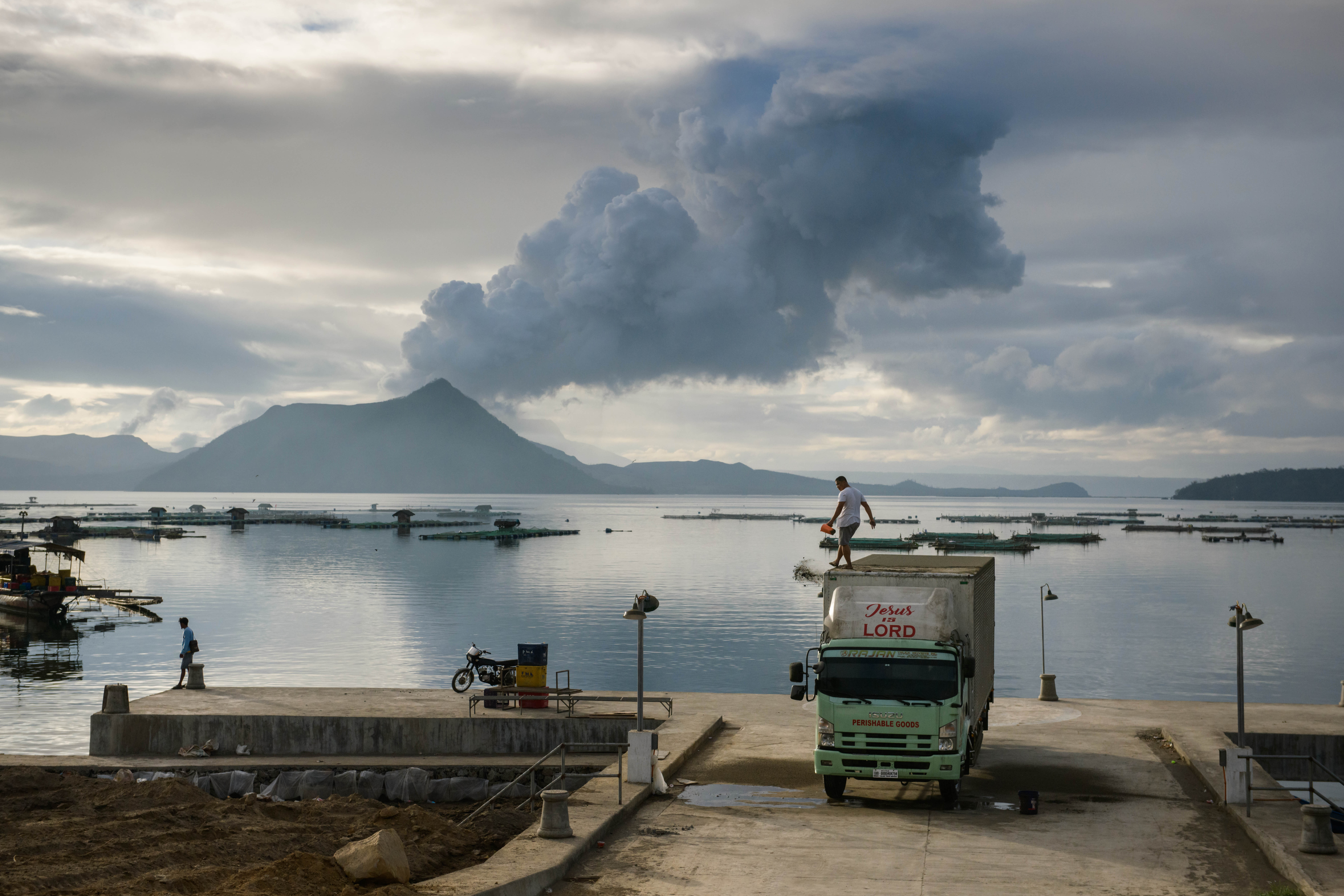
2018: Anak Krakatau
The volcanic island of Anak Krakatau in Indonesia saw an eruption on 22 December 2018 which caused a deadly tsunami, with waves surging up to five meters in height.
The tsunami killed at least 437 people, with 31,942 thousand injured.
Before the 2018 eruption, it erupted 40 times over the past 85 years. But only the 2018 eruption caused a tsunami wave that affected the southern coast of Sumatra (Lampung province) and the western coast of the island of Java (Banten province).
Scientists at the center said that since the 2018 eruption and collapse, Anak Krakatau island is now only about a quarter of its original size.
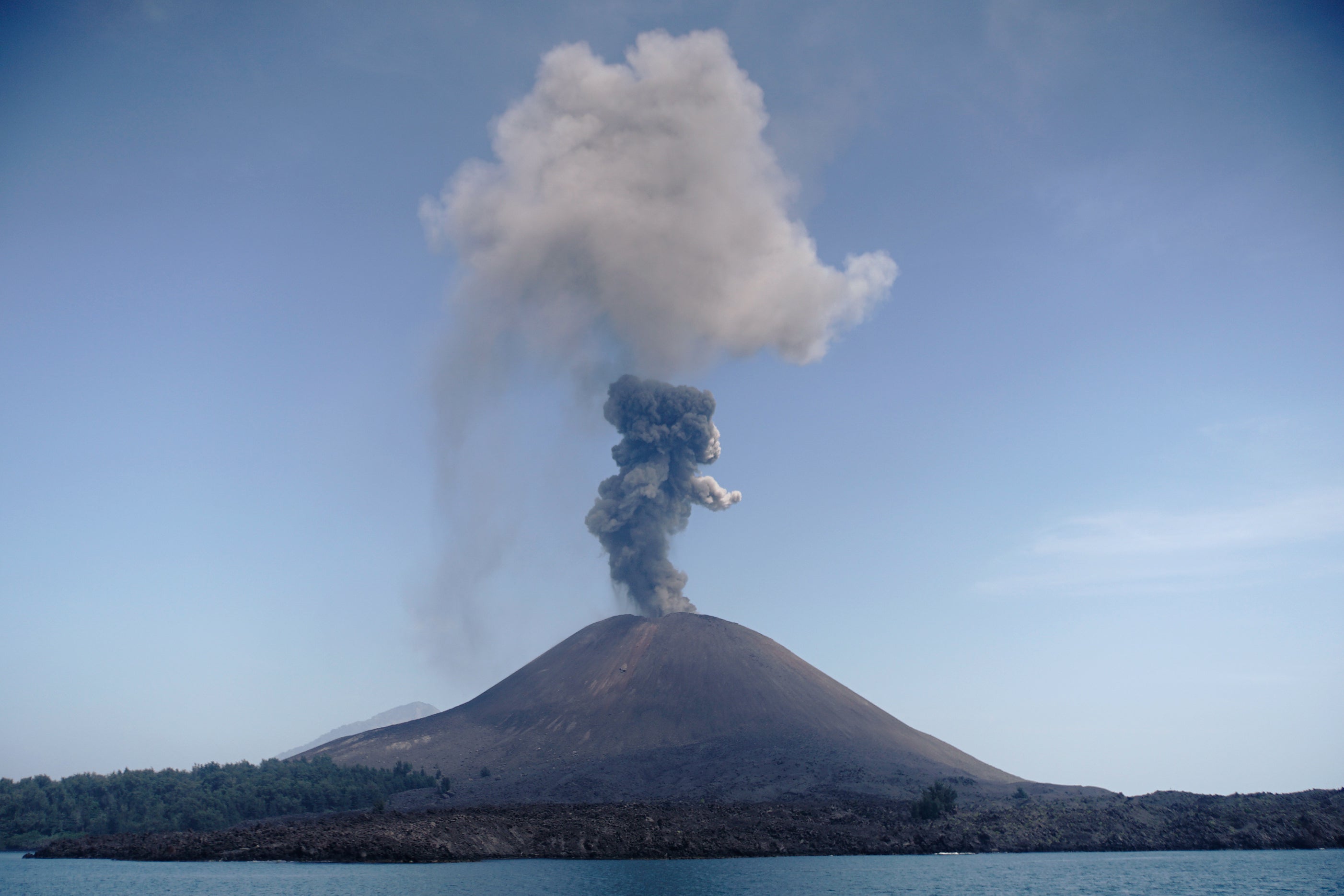
2018: Volcán de Fuego
The active volcano in Guatemala saw its most powerful eruption on 3 June 2018 since 1974, killing 201 people according to ReliefWeb.
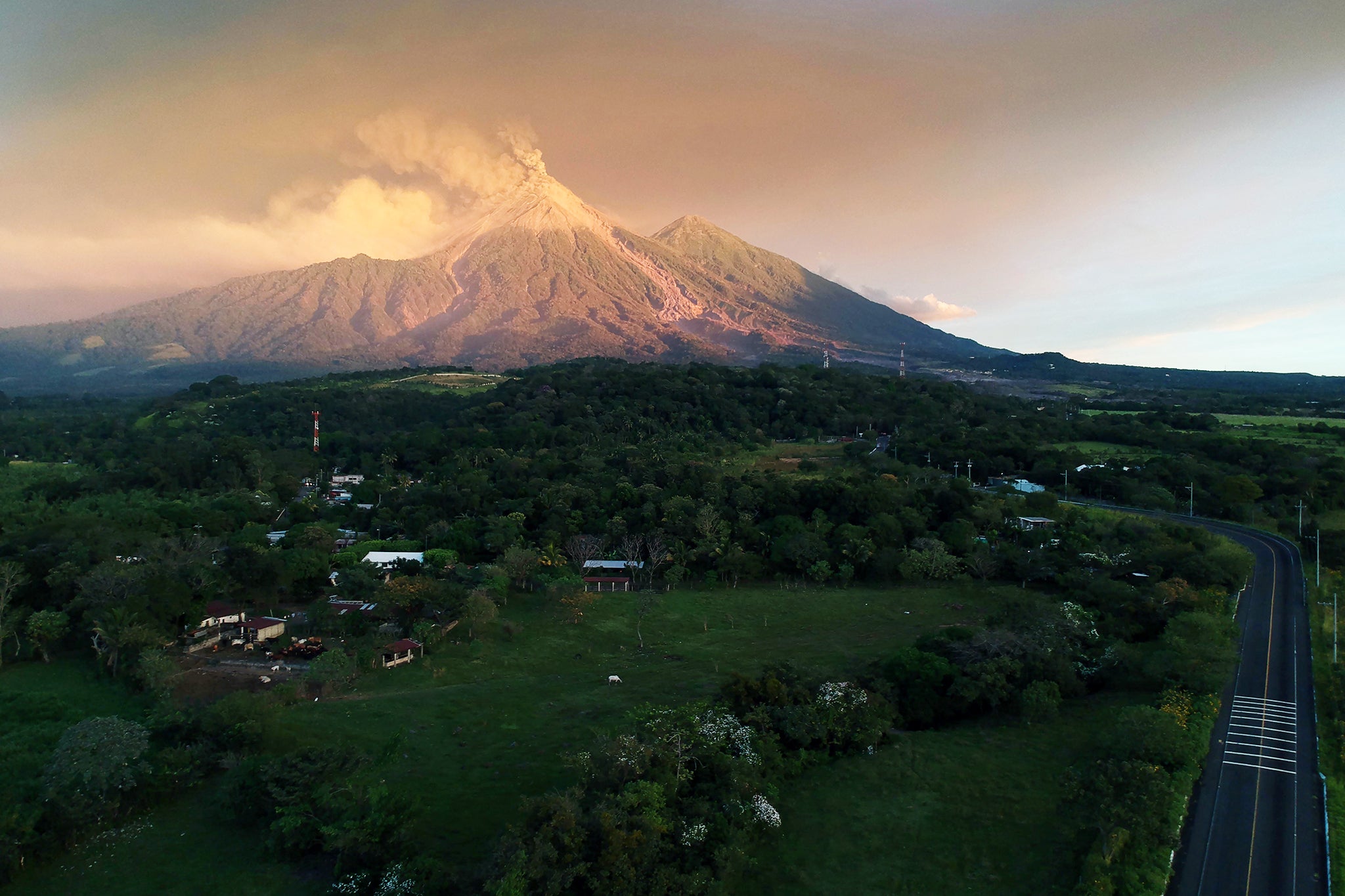
The eruption launched columns of ash and pyroclastic flow some 15,000m above sea level and spreading west and southwest, according to a special bulletin issued by the National Institute of Seismology, Volcanology, Meteorology and Hydrology.
Entire villages were covered by clouds of ash and deadly lava flows, and some areas on Guatemala City also reported the fall of ash and small rocks.

Join our commenting forum
Join thought-provoking conversations, follow other Independent readers and see their replies
Comments